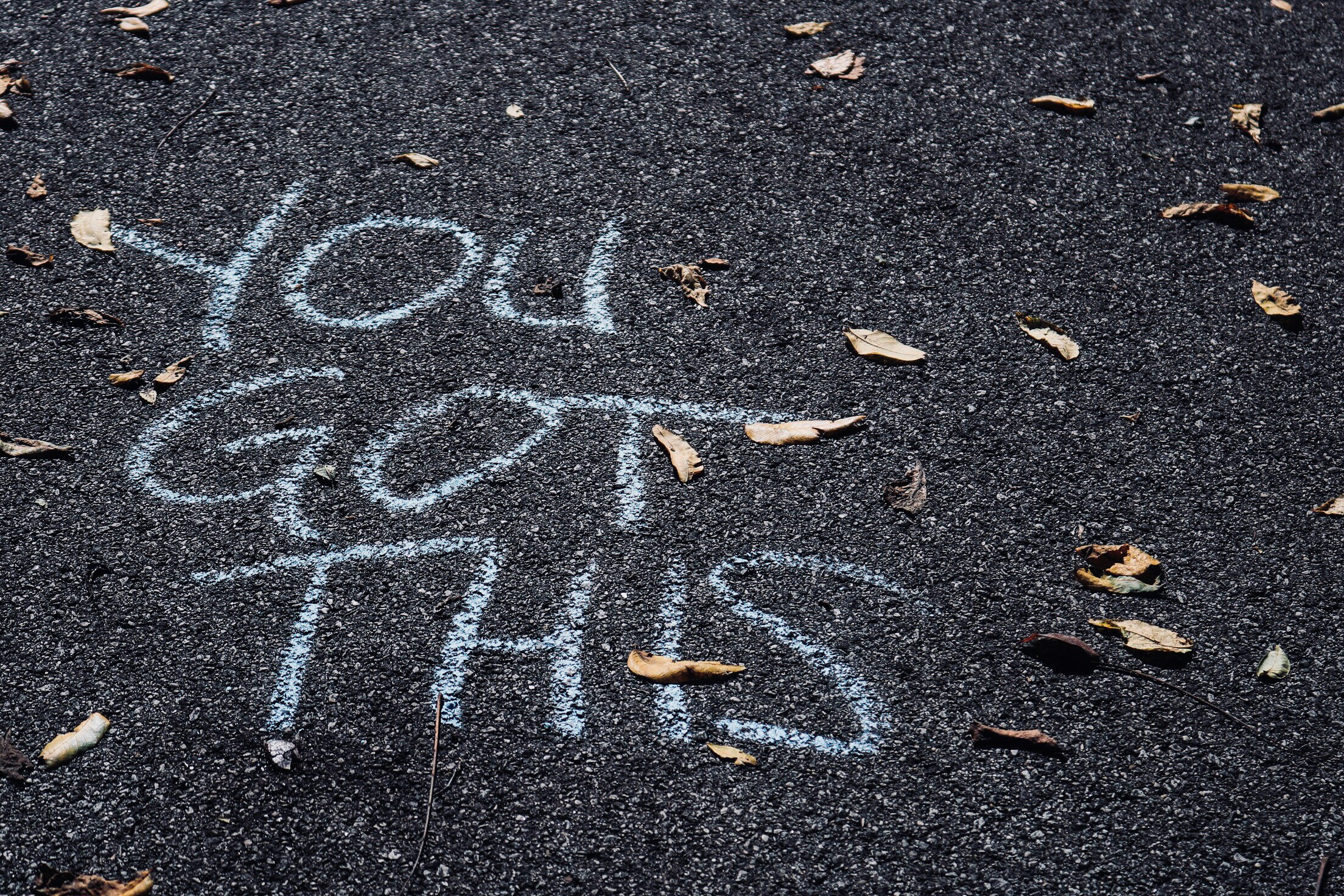December’s here with all the focus on holidays, joy, togetherness, celebration, work parties, gift exchanges, family gatherings, obligations….and expectations. Lots of them.
In January, do you tend to look back and wish you could have enjoyed it all more?
There’s a key to avoiding that kind of regret – and that key is the skill to choose guilt over resentment.
It’s easy to say “yes” to too many things. We say yes to others to avoid friction. We say “yes” because we don’t want to appear selfish or difficult. We say “yes” to avoid feeling bad. We tell ourselves it’s no big deal, we can absorb one more thing. But while saying “yes” might make someone else happy and temporarily avoid conflict, it leaves us feeling resentful, burned out and frustrated.
Saying “no” can be emotionally healthy – not just for you but for everyone around you.
Here’s why saying “no” (and feeling a little guilt) is better than saying “yes” and feeling resentful, particularly during the holidays.
1. Too Much “Yes” Leads to Emotional Burnout
The holiday season invites extra responsibilities and commitments. Between shopping, cooking, attending events, and managing family dynamics, it can feel like too much. Too many “yesses” stretch you thin, and they don’t leave time or energy for self-care.
That leads to emotional burnout. Instead of enjoying the festivities, you’re tired and detached.
Saying “no” to some (or many) things lets you prioritize what truly matters. It gives you space to rest, recharge, and engage in the holiday season. It lets you choose how to spend your time in balanced and meaningful ways. While saying no might trigger a momentary sense of guilt, it can ultimately lead to a more fulfilling and enjoyable experience—one where you are present and energized, rather than drained and resentful.
2. Too Much “Yes” Leads to Resentment
It’s normal to feel guilty when you say no. Whether it’s an invitation, an expectation that you participate in a gift exchange or show up for one too many family events – when we change our behavior and disappoint others, it can feel bad. (And the guilt trip we can get from relatives or friends feels pretty awful). However, the guilt is usually short-lived.
But doing things we don’t want to do, or overextending, leads to Resentment. Resentment is much more dangerous to us and our family and friends. It festers over time and inevitably damages your relationships.
When you say “yes” to things you don’t want to do—whether it’s attending an event, buying a gift you can’t afford, or committing to something you have no interest in—resentment can begin to build. You may start to feel like you’re doing things out of obligation rather than genuine desire. The more you sacrifice your own needs for others, the more resentment builds, and it can eventually seep into your relationships.
When you feel guilt, you know that you have internal values of kindness, generosity, or people-pleasing. To feel connected to others, involved with them, caring for them – all good. But it doesn’t mean you have act on your guilt. Doing so can disconnect you from yourself, result in caring poorly for yourself, and it’s simply unkind to you. Good relationships have room for the needs of both people.
By saying no, you prevent resentment from taking root. It may feel uncomfortable in the moment, but you preserve your energy and peace of mind, which ultimately benefits your relationships. Saying “no” with kindness and honesty can also help set boundaries that protect your emotional well-being—and most people will respect and appreciate your decision, even if it’s difficult at first.
3. Saying “No” Honors Your Boundaries
The holiday season often comes with an unspoken pressure to be everywhere, do everything, and please everyone. This pressure can be particularly intense in family situations, where expectations are high and traditions are ingrained. However, if you consistently say “yes” to things that conflict with your personal boundaries, you risk feeling overwhelmed, resentful, and disillusioned.
Boundaries are the distance at which you can love yourself and others simultaneously. Boundaries are crucial for maintaining a healthy sense of self, especially during high-stress times like the holidays. Saying “no” is an essential part of establishing these boundaries. It communicates to others that while you value them, your needs and limits are important, too.
By saying “no” to certain demands, you showing respect for yourself. You acknowledge that you cannot give from an empty cup and that taking care of yourself is essential for being able to show up for others in a meaningful way. This is not selfishness; it’s self-care.
4. “No” = Authenticity
If you value authenticity, saying “yes” when you really want to say “no” can feel inauthentic and draining. Rather than pretend to enjoy something you don’t, saying “no” allows you to be honest with yourself and others about what you truly want to do.
And saying “no” gracefully teaches others that it’s okay to set boundaries and be authentic. This encourages more open, honest communication in your relationships, where everyone is free to express their true needs. The result? A more understanding and compassionate atmosphere. And that’s not just a recipe for happier holidays, it’s an essential ingredient for intimacy, fun, and harmony.
5. “No” Prioritizes Your Mental and Emotional Health
Ultimately, saying “no” is an act of self-preservation. Stressful times can trigger anxiety, and even depression. Mental health is a priority, and learning to say “no” is a crucial tool in managing your emotional well-being and a necessity in avoiding depression..
When you say “no” to something, you’re actively choosing to protect your mental and emotional health. You’re giving yourself permission to say “I matter too,” to take time to rest, reflect, or simply be.
Uncomfortable, But Worth It
It’s easy to feel like we should be doing more, giving more, and saying yes to every invitation. But the reality is that saying “yes” to everything often leads to burnout, resentment, emotional exhaustion and other mental health problems. While saying “no” might make us feel guilty at first, it is often the better choice for preserving our mental and emotional well-being. By setting healthy boundaries and prioritizing what truly matters, we create space for joy, connection, and a more peaceful holiday season.
So, this holiday season, choose to say no—and remember, it’s okay to feel guilty. The guilt will pass, but the relief and peace you feel from honoring your needs will last.


